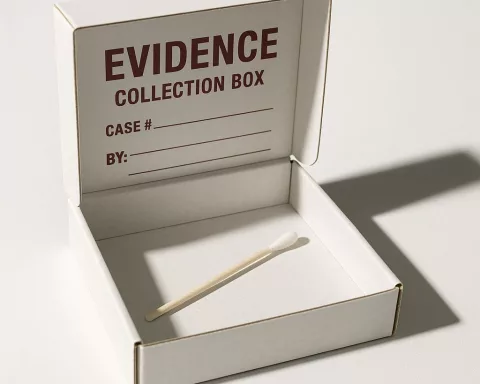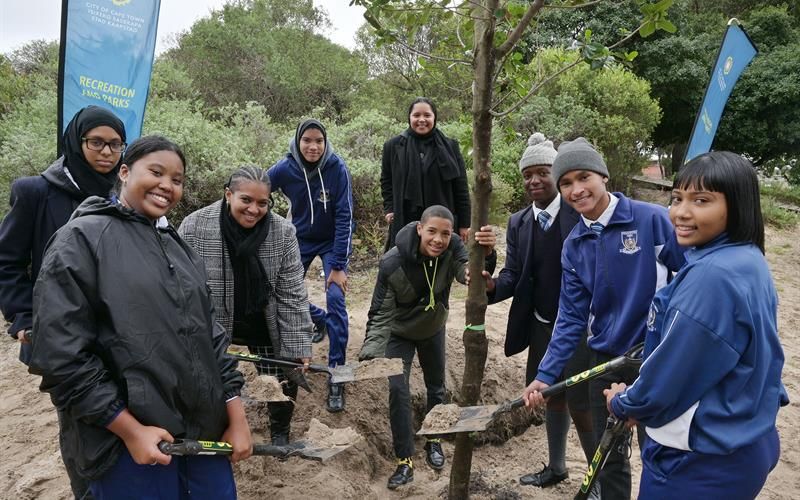Muti killings have been a dark part of South Africa’s history for over a century, dating back to the early 1900s. This horrific practice involves the harvesting of human body parts for use in potions by traditional healers or sangomas. The belief is that these potions made from human body parts will bring luck, wealth, cure illnesses, and even protect against evil spirits.
The Vulnerability of Children
Despite being illegal, muti killings still continue to occur in South Africa. Children are the most vulnerable and frequently targeted victims for muti killings because they are believed to be pure and innocent. The recent murder of two young boys in Soweto has brought attention to the issue and sparked outrage within the community.
The Controversy Surrounding Traditional African Medicine
The use of human body parts in traditional African medicine is controversial, as most traditional healers do not condone muti killings. However, some sangomas believe in the power of muti made from human body parts and continue to practice it. This belief has led to the brutal murder of innocent people who are dismembered while alive.
The Three Links of Muti Killings
According to forensic psychologist Dr. Gerard Labuschagne, who has investigated over 30 muti murder cases, muti killings involve three links: the client, the traditional healer, and the murderer or murderers. The traditional healer decides what body parts are needed for the potion, and the client provides the money. The victim must be alive during the removal of body parts to increase the potency of the muti, which is believed to retain the person’s life essence.
Demands for Justice
The recent murder of Nqobile and Tshiamo has sparked demands for swift justice from the community. Gauteng police commissioner Lieutenant General Elias Mawela has mobilized crack teams to track down the perpetrators and has promised the families quick justice. The African Traditional Medicine Programme in Gauteng Province, where Soweto is located, has condemned the brutal murders and distanced themselves from those involved.
Conclusion
Muti killings are a tragic reminder of the dangers of misguided beliefs and practices. The use of human body parts in muti is not only illegal but also violates human rights. The urgent need for justice and education is crucial to stop this heinous crime and protect innocent lives. It is essential to raise awareness about the dangers of muti killings and promote the use of safe and legal traditional medicine practices.












